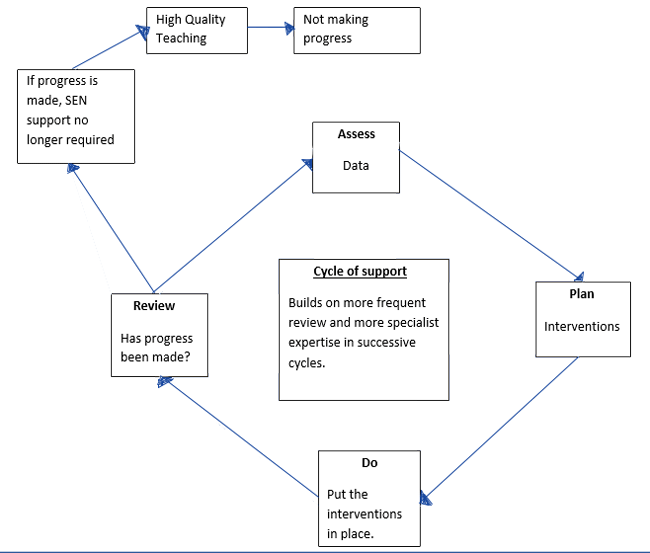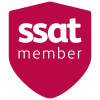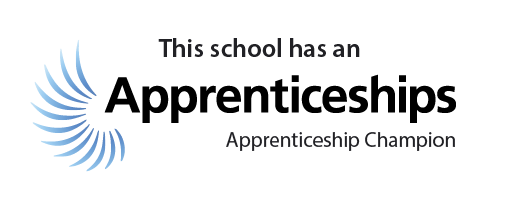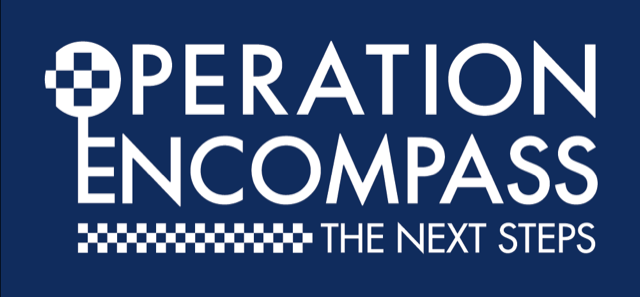Introduction to SEND at LSAAt Lytham St Annes High School, we are a fully inclusive school and work alongside the Governing Body, Local Authority, Health Professionals and community organisations to find the most appropriate and effective support for the pupils within our care.We see all learners and potential learners, and their parents and carers, as of equal value and as individuals, irrespective of ability, race, gender or need. This is reflected in the schools’ organisation and curriculum structure, its assessment and rewards systems, the arrangements made for careers’ education and work experience. Students with SEN/D are integrated and included fully into the life of the school as a whole, including its cultural and social activities.All our members of staff have a responsibility to ensure that every student has an equal opportunity to attain their maximum potential in all aspects of the curriculum. We are committed to the ongoing training and development of all our staff. We develop good communication with our parents/carers of SEND children, informing them of their child's progress at regular points throughout the year, working hard to understand the situation and catering for the varied needs of the child.The following documents and resources will give you more information in relation to SEND and how school and home can support children. If you have any concerns or wish to discuss SEND at our school, please do not hesitate to contact us. |
||||||||||||||||||||||||
SENCO Contact InformationHannah Mills - SENCO 01253 667352 |
|
|||||||||||||||||||||||
|
||||||||||||||||||||||||
.png)








